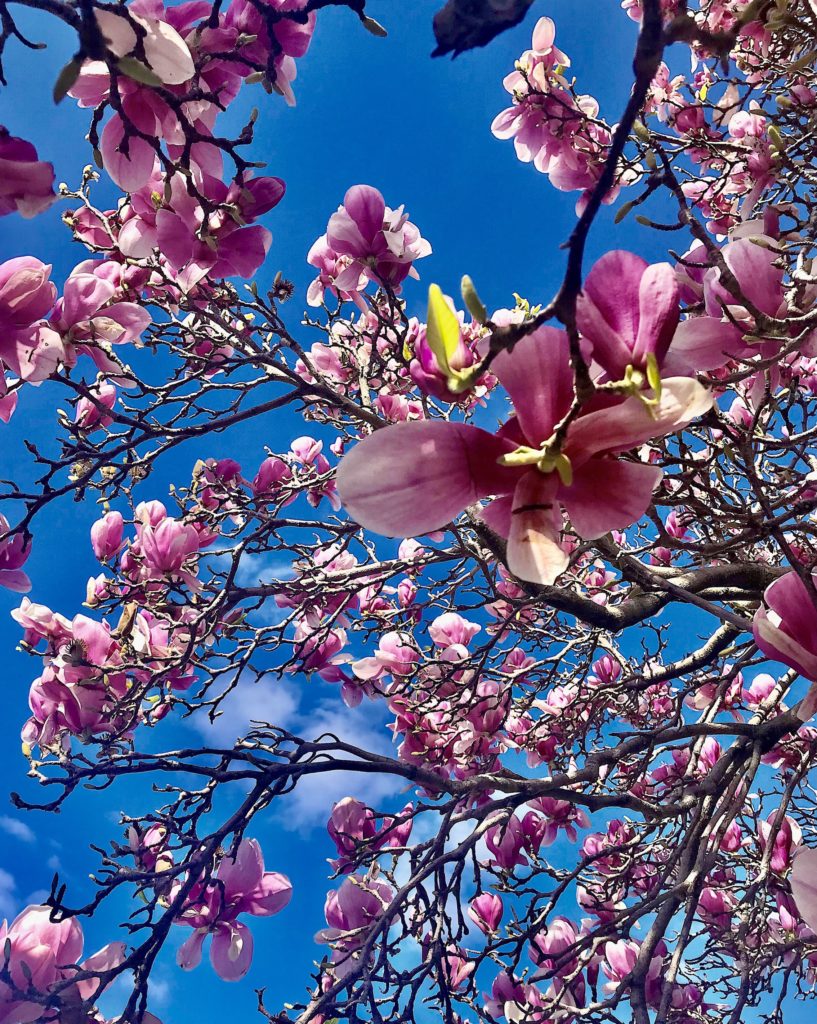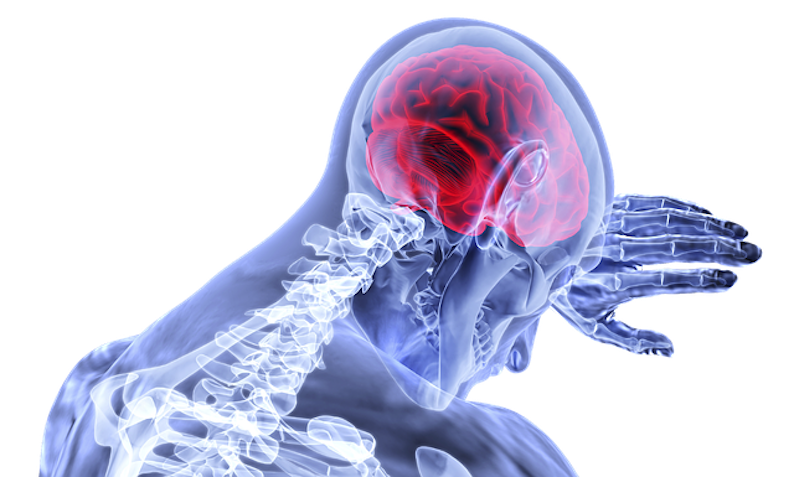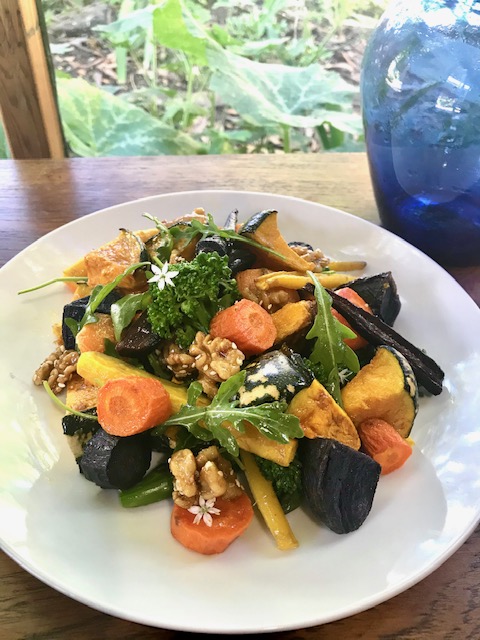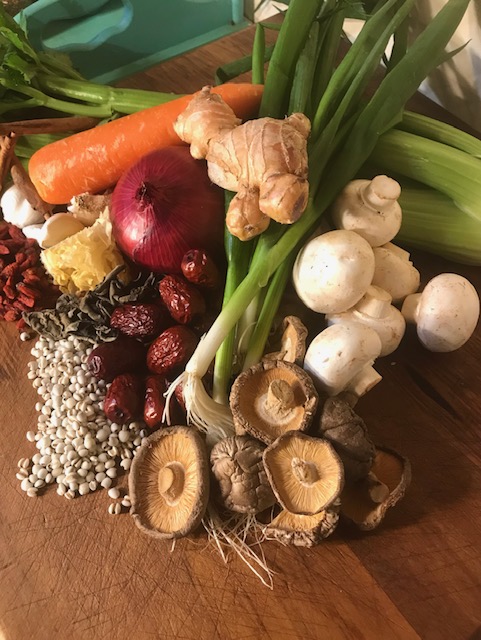
According to the most up to date evidence – Acupuncture can be effective in alleviating the symptoms of hay fever (allergic rhinitis) 1 and may also be a cost-effective approach 2.
Spring is on its way and the Magnolias in bloom are certainly a welcome sign of the sunshine to come.
However, for many people, this also means hay-fever season and for some, it has already started.
Research shows Acupuncture can be helpful for both seasonal and perennial types of allergic rhinitis, lessening the allergic inflammatory response and improving tolerance to seasonal triggers 3.
Whilst treatment can be effective once symptoms have started, it’s helpful to get in early to ward off those sneezes and watery eyes before they set in.
Acupuncture and Chinese Medicine has been used for millennia to address many issues related to seasonal allergies, treating the whole person and not just the presenting symptoms – to help bring the body back into balance.
During a consultation, we will work out an individual treatment plan to address your health care concerns. Please reach out if you would like some help with your symptoms.
*Interestingly, the beautiful Magnolia flower when processed for herbal use, is often prescribed in Chinese Medicine for particular types of nasal congestion and sinus.
To read the Acupuncture research, please click on the links in the text or see below.
Elisabeth
1. Rao YQ, Han NY. [Therapeutic effect of acupuncture on allergic rhinitis and its effects on immunologic function]. Zhongguo zhen jiu = Chinese acupuncture & moxibustion. 2006;26(8):557-60.
2. Kim SY, Lee H, Chae Y, Park HJ. A systematic review of cost-effectiveness analyses alongside randomised controlled trials of acupuncture. Acupuncture in medicine: Journal of the British Medical Acupuncture Society. 2012;30(4):273-85.
3. McDonald JL, Cripps AW, Smith PK. Mediators, Receptors, and Signalling Pathways in the Anti-Inflammatory and Antihyperalgesic Effects of Acupuncture. Evidence-based complementary and alternative medicine : eCAM. 2015;2015:975632.



